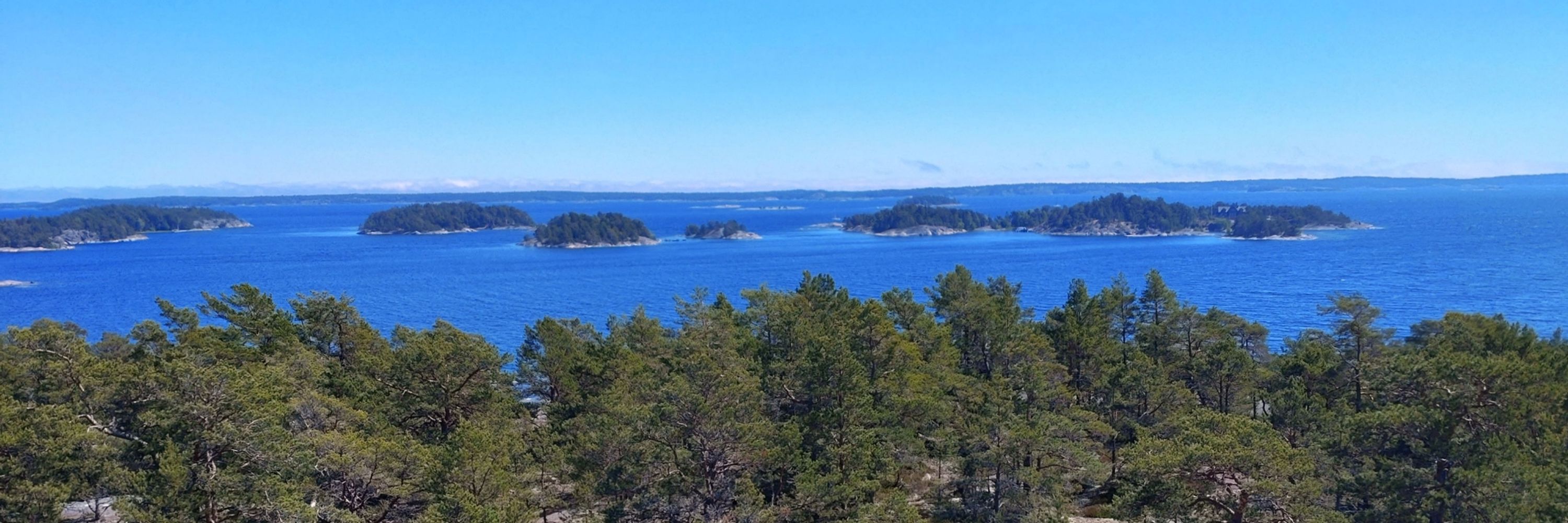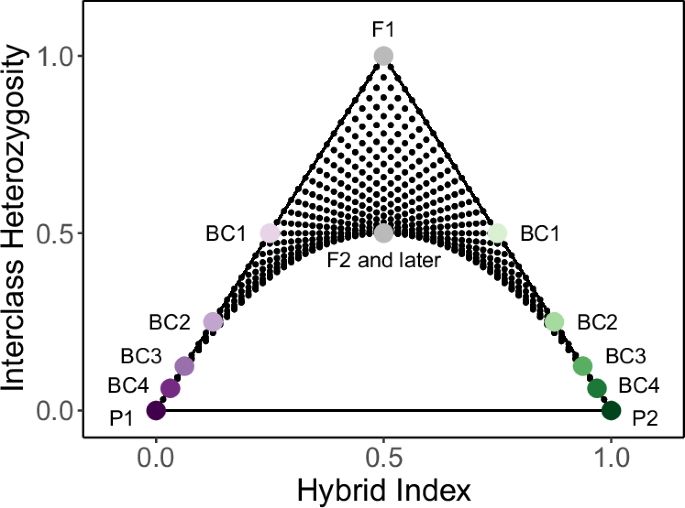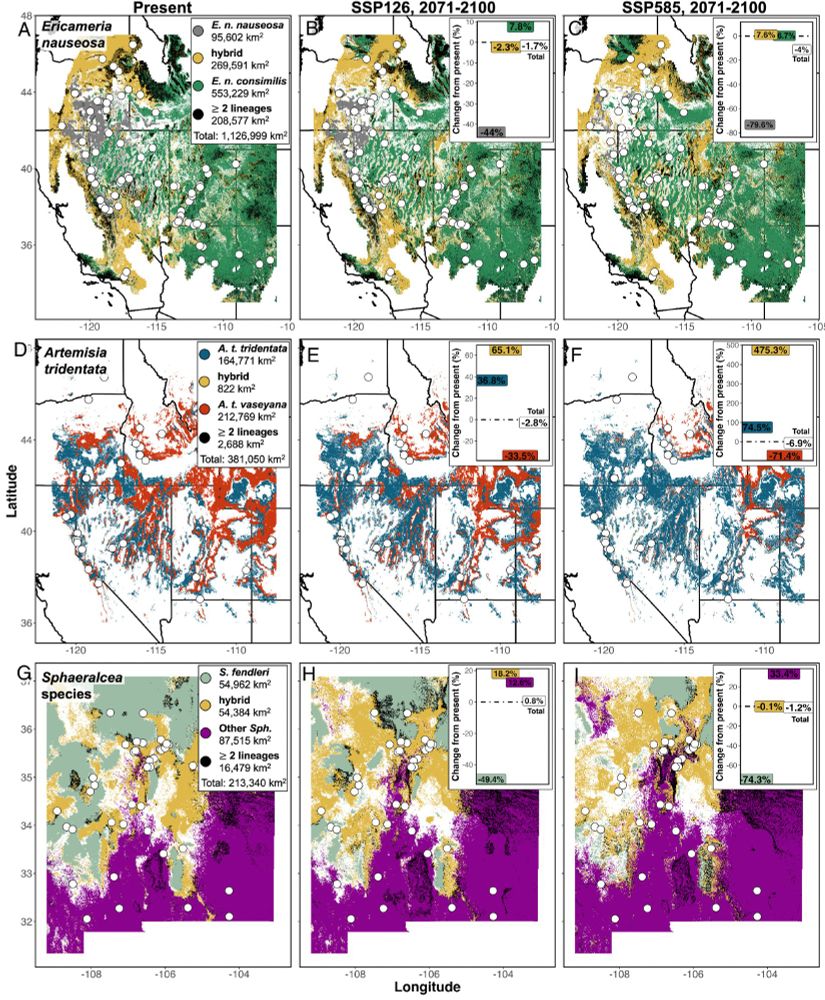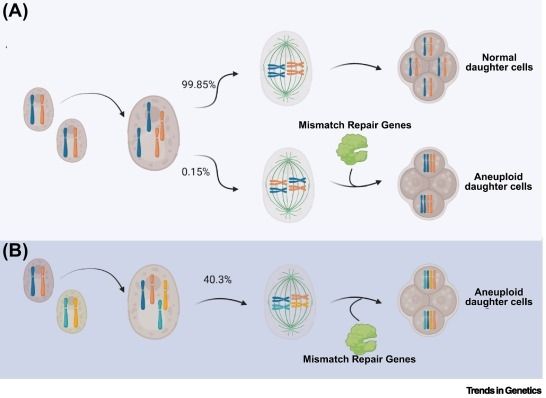

I'm Ingo, I am in the last months of my PhD on avian museomics at the Swedish Museum of Natural History and Stockholm University. If you'd like a teaser of my work here's the publication to my first thesis chapter:
journals.plos.org/plosone/arti...
(more to come soon™️)
But how are these egg types inherited, and could this drive speciation? We sequenced hundreds of genomes to find out!
doi.org/10.1126/scie...
🧵1/6

But how are these egg types inherited, and could this drive speciation? We sequenced hundreds of genomes to find out!
doi.org/10.1126/scie...
🧵1/6
Github: github.com/zjnolen/PopG...
Paper: academic.oup.com/bioinformati...

Github: github.com/zjnolen/PopG...
Paper: academic.oup.com/bioinformati...
esj-journals.onlinelibrary.wiley.com/doi/full/10....

esj-journals.onlinelibrary.wiley.com/doi/full/10....

endangered buntings reveal genetic diversity
before and after severe population declines. doi.org/10.1186/s129... Despite severe population declines, both species retained high genetic diversity but experienced increased inbreeding. #ornithology #birds

endangered buntings reveal genetic diversity
before and after severe population declines. doi.org/10.1186/s129... Despite severe population declines, both species retained high genetic diversity but experienced increased inbreeding. #ornithology #birds

Ie: it's not us (Samtools team)! Be warned
Ie: it's not us (Samtools team)! Be warned
It's not every day we have a new major #ggplot2 release but it is a fitting 18 year birthday present for the package.
Get an overview of the release in this blog post and be on the lookout for more in-depth posts #rstats

), we find the opposite: animals exchange genes more, and for longer, than plants

), we find the opposite: animals exchange genes more, and for longer, than plants
www.nature.com/articles/s41...

www.nature.com/articles/s41...
Bit by bit, we are disentangling their evolutionary history and adding evidence to recognise the elusive West African rock doves as a different species
*please ignore the little typo in the title, livia should be lowercase
@trstngnthr.bsky.social
doi.org/10.1002/ece3...

Bit by bit, we are disentangling their evolutionary history and adding evidence to recognise the elusive West African rock doves as a different species
*please ignore the little typo in the title, livia should be lowercase
@trstngnthr.bsky.social
doi.org/10.1002/ece3...
I am stoked to share lab's latest paper led by @ethantolman.bsky.social. Ethan developed a highly scalable pipeline to differentiate between various gene flow models, including ghost introgression in phylogenomic datasets. Check it out! www.biorxiv.org/content/10.1...

I am stoked to share lab's latest paper led by @ethantolman.bsky.social. Ethan developed a highly scalable pipeline to differentiate between various gene flow models, including ghost introgression in phylogenomic datasets. Check it out! www.biorxiv.org/content/10.1...


Reversed speciation in New Guinean Honeyeaters?
avianhybrids.wordpress.com/2025/08/13/r...
Based on the Molecular Ecology study by Ingo Müller and his colleagues | #ornithology

doi.org/10.1101/2025...

doi.org/10.1101/2025...
Would you like to do a PhD with Indo-Pacific birds and evolutionary genomics? Join us in Stockholm:
05 September 2025, 23:59
PhD student in Evolution of Indo-Pacific birds
recruit.visma.com/spa/public/a...

Would you like to do a PhD with Indo-Pacific birds and evolutionary genomics? Join us in Stockholm:
05 September 2025, 23:59
PhD student in Evolution of Indo-Pacific birds
recruit.visma.com/spa/public/a...
www.pnas.org/doi/10.1073/...

www.pnas.org/doi/10.1073/...
www.cell.com/trends/genet...

www.cell.com/trends/genet...
📍 Museum für Naturkunde, Berlin, Germany
🕒 3 Years, fully funded by the Leibniz Junior Researchgroup program
Details and Application portal 👇
jobs.museumfuernaturkunde.berlin/jobposting/8...
📍 Museum für Naturkunde, Berlin, Germany
🕒 3 Years, fully funded by the Leibniz Junior Researchgroup program
Details and Application portal 👇
jobs.museumfuernaturkunde.berlin/jobposting/8...



